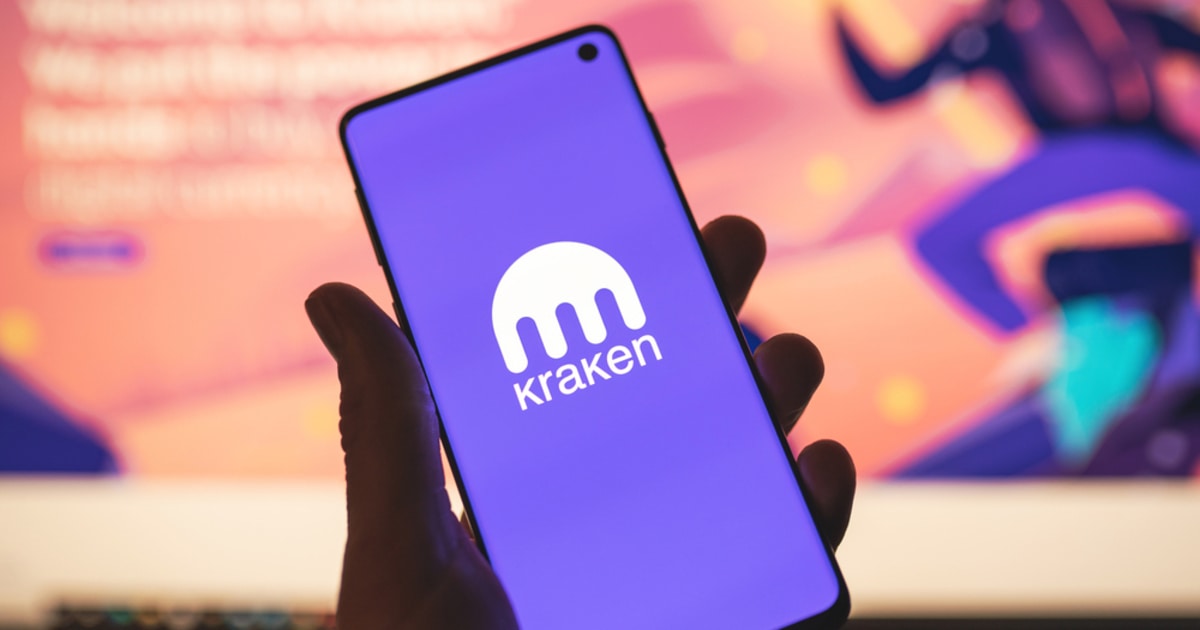Kraken Launches Regulated Crypto Derivatives Platform in Britain
02.05.2025 14:00 1 min. read Alexander Stefanov
Kraken is ramping up its derivatives business in the UK with the full launch of its regulated crypto trading platform for professional users.
Operating through its FCA-authorized Multilateral Trading Facility, the offering enables advanced products like multi-collateral perpetual contracts, aimed at institutions seeking capital-efficient tools in the digital asset space.
Initially rolled out quietly, the platform is now open to all eligible clients following a required onboarding process.
Kraken’s head of derivatives, Alexia Theodorou, says the firm is prioritizing this segment due to the growing global appetite for crypto derivatives, which already make up the majority of trading volume in the sector.
To support its broader strategy, Kraken has also secured regulatory footholds beyond the UK—including a MiFID II-licensed entity in Cyprus and U.S.-based broker NinjaTrader.
These moves are part of a long-term effort to scale globally while adapting to fragmented regulatory environments that still limit access in key markets like the U.S. and parts of Asia.
Amid its derivatives expansion, Kraken is also entering traditional finance. It recently introduced stock trading in the U.S., with over 11,000 equities and ETFs available commission-free. The firm, which earned $1.5 billion last year, is rumored to be preparing for a public listing after a lengthy legal clash with the SEC was recently dismissed.
-
1
Polygon Breaks from Decentralization as Sandeep Nailwal Assumes Full Control
11.06.2025 20:00 2 min. read -
2
Nvidia CEO Urges UK to Invest in AI Infrastructure or Risk Falling Behind
10.06.2025 9:00 1 min. read -
3
KuCoin Plants Its Flag in Bangkok With a Licensed Thai Exchange
14.06.2025 13:00 1 min. read -
4
Why Gold Could Be the Smart Play Amidst US Debt Surge
11.06.2025 11:00 1 min. read -
5
Warren Buffett Narrows His Bets as He Prepares to Step Down
14.06.2025 16:00 2 min. read
What Brian Armstrong’s New Stats Reveal About Institutional Crypto Growth
Coinbase CEO Brian Armstrong has spotlighted a significant acceleration in institutional crypto adoption, driven largely by the surging popularity of exchange-traded funds and increased use of Coinbase Prime among major corporations.
Whales Buy the Dip as Retail Panics: This Week in Crypto
The latest market turbulence, fueled by geopolitical tensions and investor fear, offered a textbook case of how sentiment swings and whale behavior shape crypto price action.
What Will Happen With the Stock Market if Trump Reshapes the Fed?
Jefferies chief market strategist David Zervos believes an upcoming power shift at the Federal Reserve could benefit U.S. equity markets.
U.S. Bank Advises Clients to Drop These Cryptocurrencies
Anchorage Digital, a federally chartered crypto custody bank, is urging its institutional clients to move away from major stablecoins like USDC, Agora USD (AUSD), and Usual USD (USD0), recommending instead a shift to the Global Dollar (USDG) — a stablecoin issued by Paxos and backed by a consortium that includes Anchorage itself.
-
1
Polygon Breaks from Decentralization as Sandeep Nailwal Assumes Full Control
11.06.2025 20:00 2 min. read -
2
Nvidia CEO Urges UK to Invest in AI Infrastructure or Risk Falling Behind
10.06.2025 9:00 1 min. read -
3
KuCoin Plants Its Flag in Bangkok With a Licensed Thai Exchange
14.06.2025 13:00 1 min. read -
4
Why Gold Could Be the Smart Play Amidst US Debt Surge
11.06.2025 11:00 1 min. read -
5
Warren Buffett Narrows His Bets as He Prepares to Step Down
14.06.2025 16:00 2 min. read


